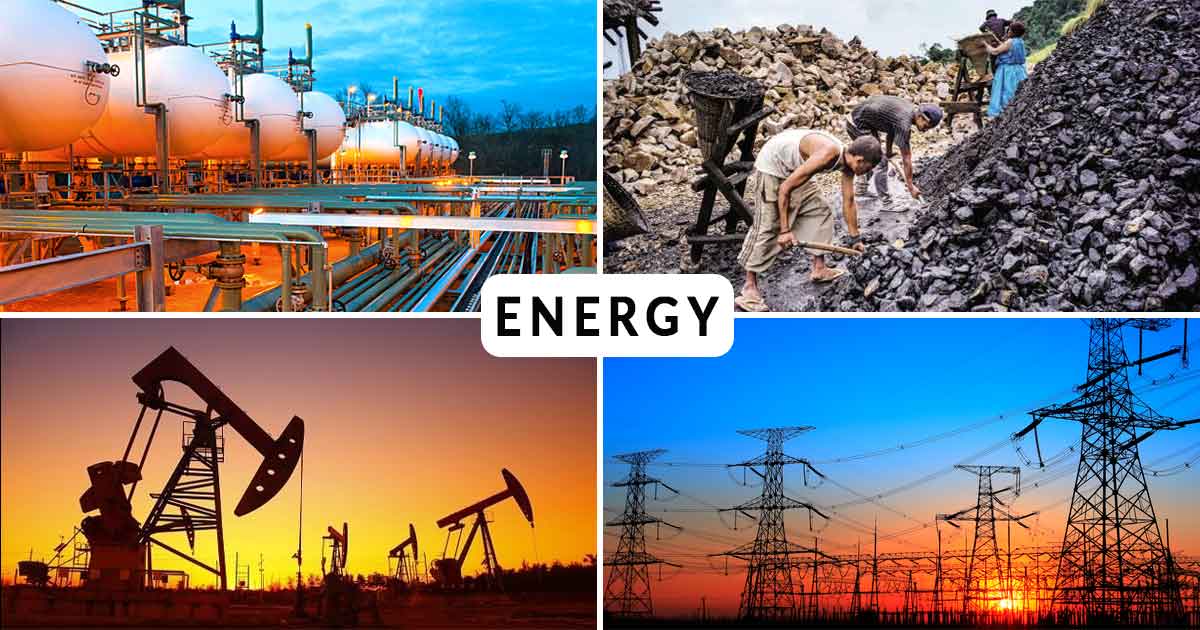News
27 Years of UN and the Global Elites Climate Summit Hypocrisy

For 27 years the world’s elite arrive on private jets to lecture humanity on reducing carbon emissions at global climate summits from COP1 to COP27.
The current UN climate summit in Egypt features even more breathtaking hypocrisy than usual, as the world’s rich are zealously lecturing poor countries about the dangers of fossil fuels—despite consuming massive amounts of new gas, coal, and oil.
Since Russia’s invasion of Ukraine raised energy prices even higher, wealthy countries have been searching the globe for new energy sources.
The United Kingdom vehemently condemned fossil fuels at the Glasgow climate summit just a year ago, but now plans to keep coal-fired power plants operational this winter rather than shutting down nearly all of them as previously planned.
Thermal coal imports from Australia, South Africa, and Indonesia increased more than 11-fold. Meanwhile, a new trans-Saharan gas pipeline will allow Europe to access gas directly from Niger, Algeria, and Nigeria; Germany is reopening closed coal power plants; and Italy plans to import 40% more gas from northern Africa. And the US is going cap in hand to Saudi Arabia to beg for increased oil production.
The leaders of these countries will somehow declare with straight faces at the climate summit in Egypt that poor countries must avoid fossil fuel exploitation for fear of worsening climate change.
These same wealthy nations will encourage the world’s poorest to invest in green energy alternatives such as off-grid solar and wind energy.
They’ve already made their case. In a speech widely interpreted as referring to Africa, UN Secretary General Antonio Guterres stated that countries investing more in gas and oil exploration would be “delusory.”
The climate hypocrisy is simply astounding. Every single wealthy country today owes its wealth to the extraction of fuels.
At the request of wealthy countries, the world’s major development organizations refuse to fund fossil fuel extraction, which poor countries could use to lift themselves out of poverty.
Furthermore, green energy, the elite’s prescription for the world’s poor, is incapable of transforming lives.
This is because sun and wind power are ineffective when it is cloudy, dark, or there is no wind. Off-grid solar power can provide a nice solar light but cannot typically power a family’s fridge or oven, let alone provide the power that communities require to run everything from farms to factories, the ultimate engines of growth.
According to a Tanzanian study, nearly 90% of households given off-grid electricity simply want to be connected to the national grid so they can access fossil fuels.
The first rigorous test on the impact of solar panels on the lives of poor people discovered that they received a little bit more electricity—the ability to power a lamp during the day—but there was no measurable impact on their lives: they did not increase savings or spending, did not work more or start more businesses, and their children did not study more.
Furthermore, solar panels and wind turbines are ineffective in addressing one of the world’s most pressing energy issues for the poor. Nearly 2.5 billion people continue to be exposed to indoor air pollution as a result of cooking and heating with dirty fuels such as wood and dung.
Solar panels do not address this issue because they are insufficient to power clean stoves and heaters.
Grid electrification, on the other hand—which nearly everywhere means mostly fossil fuels—has a significant positive impact on household income, expenditure, and education.
According to a study conducted in Bangladesh, electrified households experienced a 21 percent average increase in income and a 1.5 percent reduction in poverty each year.
According to the International Energy Agency, rich world leaders have managed to portray themselves as green evangelists despite the fact that more than three-quarters of their enormous primary energy production comes from fossil fuels.
Renewables account for less than 12% of their energy, with the majority coming from burning wood for hydro. Solar and wind account for only 2.4% of the total.
In comparison, Africa is the most renewable continent in the world, with renewables accounting for half of its energy production.
However, these renewables are almost entirely made of wood, straw, and dung, and they demonstrate how little energy the continent has access to. Despite the hype, solar and wind power only account for 0.3% of the continent’s energy.
Rich countries must invest significantly more in research and development of better green technologies, ranging from fusion, fission, and second-generation biofuels to solar and wind with massive batteries, to address global warming.
The key insight is to innovate their true cost below that of fossil fuels. Everyone will eventually switch this way. However, telling the world’s poor to live with unreliable, expensive, and inefficient power is an insult.
There is already backlash from developing countries, which see the hypocrisy for what it is: Egypt’s finance minister recently stated that poor countries should not be “punished,” and that climate policy should not exacerbate their misery. That warning must be taken seriously.
Europe is searching the globe for additional fossil fuels because the continent requires them for growth and prosperity. That same opportunity should not be denied to the world’s poorest people.
Source: Bjon Lomborg































